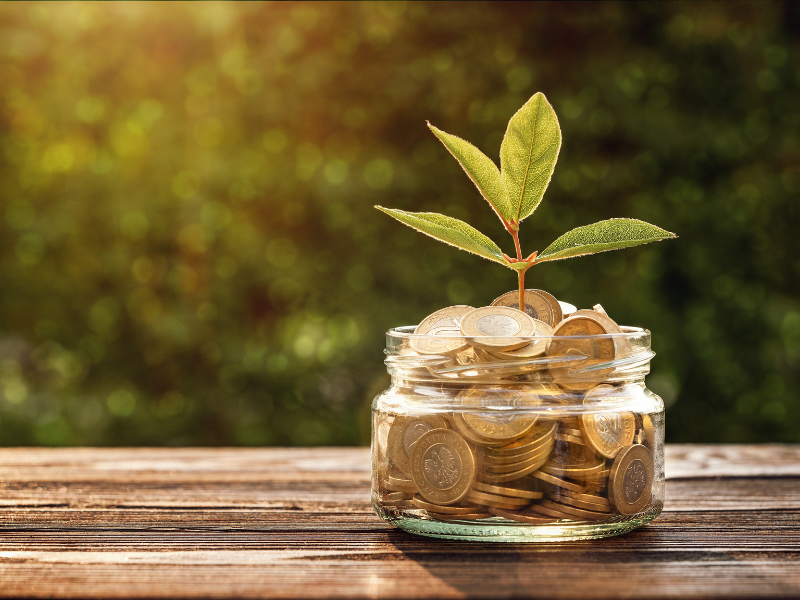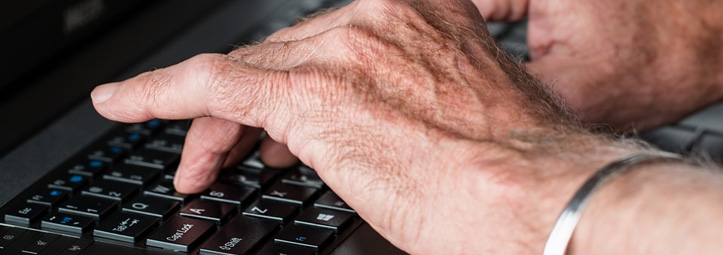A significant number of Americans lack adequate savings to handle emergencies. Here's what recent surveys reveal about savings habits and how you can take steps to improve your financial preparedness.

Survey Findings on Emergency Savings
According to a recent survey, most Americans are underprepared for financial emergencies:
- More than 25% of Americans have no emergency savings at all.
- Only 25% of Americans have enough saved to cover at least six months of expenses.
- About 49% don’t have savings to last three months.
"About 49% of Americans don't even have enough money saved to cover three months of expenses -- slightly worse than the 46% of Americans who reported having less than three months worth of savings last year. And 28% don't have any cushion whatsoever -- up from 24% last year, according to the report, which was based on a survey of 1,000 adults."
Who Is Saving? A Generational Comparison
Emergency savings vary greatly across age groups and income levels:
- Older Americans (65+ years): 39% have at least six months' worth of savings, while 15% have no savings at all.
- Younger Americans (18–29 years): 35% have no savings at all, but 63% report having enough to last three months.
Greg McBride, a senior financial analyst at Bankrate, highlights the importance of habit-building:
"The biggest barrier to saving is not being in the habit of saving. By establishing that habit, even if an unplanned expense comes up and wipes out what you've accumulated, you're only one paycheck away from restarting the saving process."
Encouraging Trends in Savings
Despite current challenges, Americans appear to be saving more compared to previous years. For instance:
- In 2006, 61% of Americans reported not having enough savings to cover three months of expenses.
- Recent data shows modest improvement in overall savings habits.
McBride recommends automating your savings:
“Set up a direct deposit that automatically funnels a portion of your paycheck into a dedicated savings account each month. This eliminates temptation and makes saving effortless.”
Cash vs. Cards: Spending Behavior
Another interesting finding comes from a Rasmussen Reports survey, which revealed that 43% of Americans go at least a week without cash, relying instead on cards or checks.
Spending habits differ based on payment methods:
- People who use cash tend to think more carefully about the cost of purchases.
- Those who use cards are more likely to focus on the benefits and, consequently, spend more.
Tip: Use Cash to Save
Did you know? Visa and Mastercard updated their policies in 2010 to allow merchants to offer discounts for cash payments. Smart shoppers can save 2–3% by asking for a discount when paying with cash.
Source: SmartCredit.com CEO John Ulzheimer













